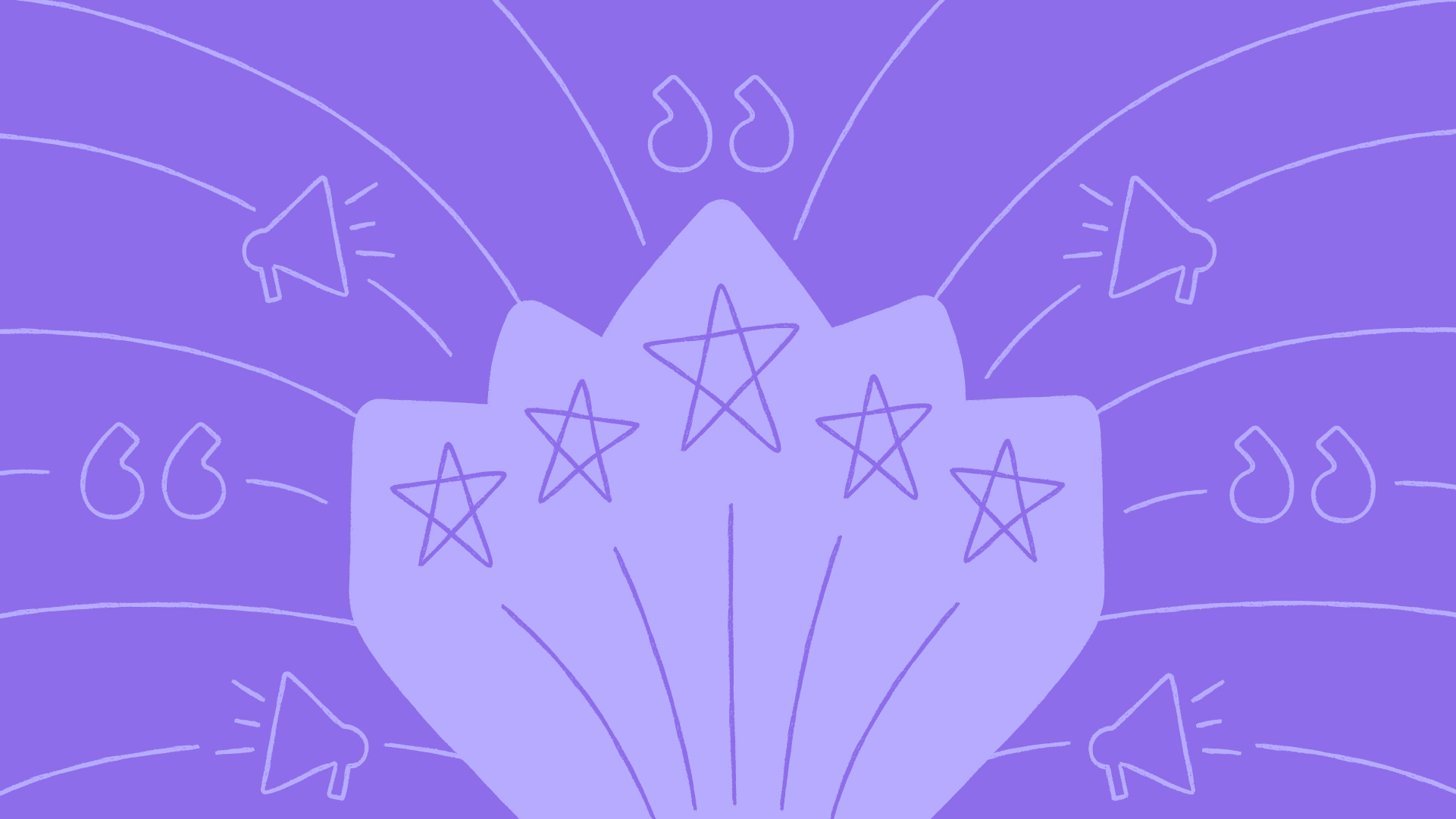
- 3 mins
Moshi and Positive Teacher Outcomes

All adults in the school community play an important role in helping kids develop SEL skills, and special area teachers often interact with most kids due to the nature of their schedule. Class after class, they have an opportunity to teach and model strategies for calm transitions, emotion management, and focused work. The Moshi educator profiles below are examples of how the whole school contributes to students’ emotional well-being.
Lindsey Dyer
Speech and Language Pathologist
Nadaburg School District, Wittmann, Arizona, USA
Lindsey is a speech and language pathologist who works with preschool through 10th-grade students. She first used Moshi as a parent. Her son was taking a long time to quiet down at bedtime, and Moshi helped him become calm and fall asleep. As an educator, she and a developmental preschool teacher she collaborates with use Moshi to help the students settle down before nap. After lunch, some kids go home and some kids stay for the afternoon. This transition time can be challenging, both for those leaving and for those staying, and Moshi helps to keep everyone calm. Lindsey most appreciates that Moshi always has new topics and that the content is engaging and relevant (like the recent Moshi Winter Games series!)
Karissa Smith
Music, Dance, Drama, Resilience, and STEM Teacher
St Kieran’s Catholic School, Queensland, Australia
Karissa wears many hats in her school! And she’s a mom, who first started using Moshi at bedtime with her son. Karissa teaches 5- to 11-year-olds and introduced Moshi to her students during the lockdown. She uses the Moshi for Schools educator web player to stream content to the smart TV in her classroom and especially appreciates that Moshi is audio-only, which fits well with many of her teaching goals. Moshi Music provides a soothing background for art, and Moshi Moments are a great fit for the whole school after-lunch meditation that she leads.
Moshi also fits well with the SEL and resilience program Karissa teaches every Friday. After students come in after lunch they listen to a Moshi Moment, which helps them transition and settle down. Moshi also reinforces what she is teaching, which is based on the five keys of Confidence, Getting Along, Organization, Resilience, and Persistence. One of the strategies that help build resilience is taking three deep breaths, and Moshi shows ways of doing this. The children can practice with the app before they are actually in the moment when they need to use this strategy.
Laura Espinoza-Nazza
Technology Teacher, 4th Grade Teacher
St Vincent’s Primary School, Western Australia
Laura teaches technology to grades 2 through 6. She has 50-minute classes and was looking for 5- to 10-minute calming options to start the class to help some students who were finding the transition difficult. She found Moshi and loved that the duration of the tracks fit her needs. Now, when kids come into her space, they find a quiet spot apart from each other and listen to a Moshi Moment. She finds that this helps keep distractions to a minimum and that kids who struggle with transitions respond well to the quiet and calm in the classroom. She also appreciates that much of the Moshi content connects with this school year’s theme, which is Kindness.
Laura also teaches fourth grade and uses Moshi at the beginning of the day and after lunch, which helps kids to transition peacefully. During the Moshi times, Laura either sits and listens with her students or takes a few minutes to prep and get organized. Overall, she has observed that Moshi helps to reinforce well-being and mindfulness in her classroom.
Bisi Imafidon
Extended Schools Manager
Gallions Primary School, London, UK
Bisi runs clubs and activities for students before and after school. She first found out about Moshi through an advertisement. Bisi is incredibly happy that Moshi launched the educator web player so that she can stream content into her space. She also uses Moshi Music as the background for activities. As part of this work, she also provides activities that families can do at home. Because equity and accessibility are at the heart of what she does, Bisi appreciates that Moshi offers a range of resources for families—from free content on the Moshi YouTube channel to full access to content for a yearly subscription in the app.